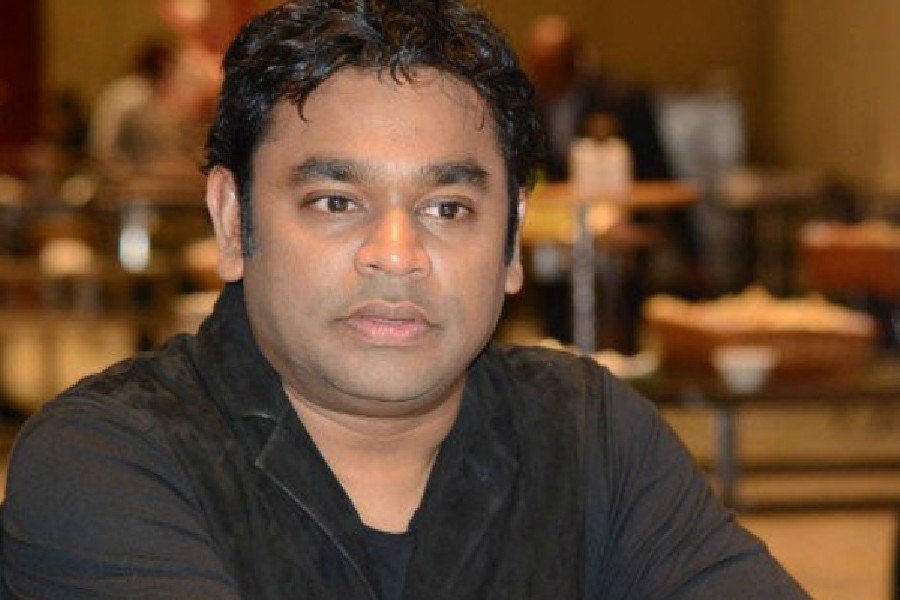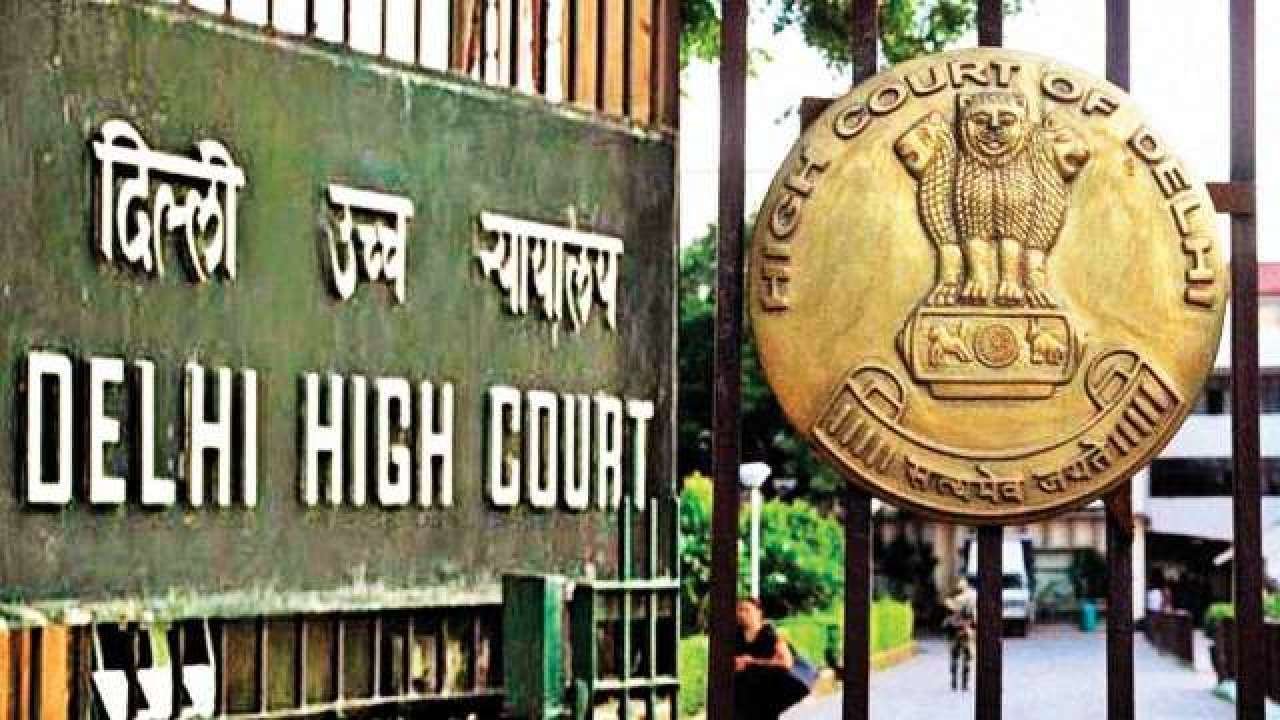After hearing the songs central to the controversy, Justice Prathiba M Singh observed that “there is definitely some kind of similarity in the beat and the taal (rhythm), there is no doubt about it.”
On Friday, the Delhi High Court issued an order requiring the eminent music composer, AR Rahman, to furnish the unaltered recording of the song ‘Veera Raja Veera’ from Ponniyin Selvan Part-2. This action comes in response to a copyright infringement lawsuit initiated by Indian classical singer Faiyaz Wassuddin Dagar.
Faiyaz Wassuddin Dagar, a Padma Shri awardee, filed a petition asserting that the composition of ‘Veera Raja Veera’ was derived from ‘Shiva Stuti,’ a piece composed by his father, Nasir Faiyazuddin Dagar, and his uncle, Zahira Dagar. Dagar sought due credit for his father and uncle on all platforms where the song was performed.
After listening to the melodies, Justice Prathiba M. Singh remarked, “There is no doubt that the beat and rhythm share some similarities.” She instructed Rahman’s attorney to provide the raw recording without any alterations or computer-generated elements. The court, in its order, refrained from making any immediate judgments but stipulated that Rahman needed to address the allegations. Justice Singh stated, “The plaintiff [Dagar] has sought to establish infringement using notations and a beats chart. The first respondent [Rahman] will be required to respond.”
Dagar laid claim to the entire body of compositions by his father, Nasir Faiyazuddin Dagar, and uncle, Zahirduddin Dagar. He asserted his lineage as a descendant of a lineage of Dhrupad vocalists in the Dagar Gharana, utilizing the Dagar Vani singing technique rooted in Dhrupad classical music.
It was noted that one of his father and uncle’s earliest compositions was the 1970s-era ‘Shiva Stuti,’ performed at numerous international concerts, including the one held on June 22, 1978, at the Royal Tropical Institute in Amsterdam and featured on the album ‘Shiva Mahadeva’ by the Dagar Brothers.
Dagar contended that ‘Veera Raja Veera’ was fundamentally based on the ‘Shiva Stuti’ composition, which he holds the rights to. Consequently, he sought an injunction against AR Rahman, along with the production companies Madras Talkies and Lyca Productions, and the record label Tips Industries. Despite a brief telephone conversation between Rahman and Dagar, during which Rahman expressed intentions to resolve the dispute, no further communication transpired.
Rahman’s attorney informed the court of the need to obtain instructions. In response to a notice from Dagar, Madras Talkies refuted his copyright infringement claim, labeling the melody as traditional. They alleged that Dagar was attempting to gain monetary benefits and notoriety but remained open to an amicable resolution. Tips Industries contended that there was no claim of originality and that vocal style was not protectable under copyright.
The Court is scheduled to reexamine the case on November 7. In the interim, the defendants were directed to rectify a typographical error in the song’s YouTube credits.



